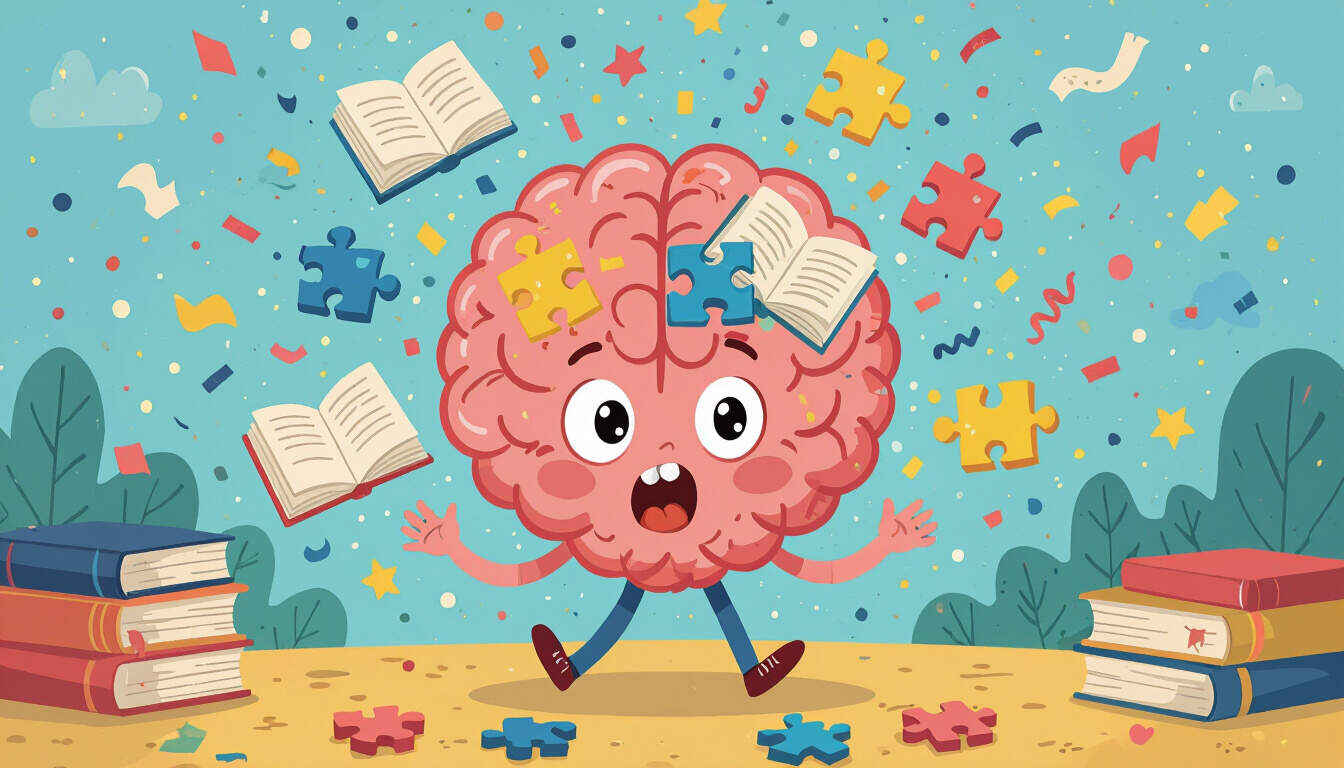Narrative Thinking: A Key Mental Model for Insight and Strategy
 by Lilian Nienow
by Lilian Nienow
Narrative thinking shapes how we interpret experiences and make decisions. This mental model helps in psychology by fostering empathy, in business by crafting persuasive strategies, and in cognitive growth by enhancing memory and problem-solving. Discover its practical applications here.

Narrative thinking involves structuring ideas and experiences into coherent stories. This approach allows individuals to connect events, emotions, and outcomes in meaningful ways. For example, narrative thinking turns daily events into lessons that guide future actions.
The Basics of Narrative Thinking
This mental model relies on sequencing information to create a logical flow. People use it to organize thoughts, making abstract concepts more relatable. In fields like psychology, it plays a vital role by helping individuals process emotions and build resilience.
In psychology, stories help explain behavior patterns. Therapists often encourage clients to recount personal experiences, which reveals underlying motivations. Psychology benefits from this model as it promotes self-awareness and emotional regulation.
Applications in Business Strategies
Business professionals apply narrative thinking to develop strategies and communicate visions. By framing goals as stories, leaders can inspire teams and stakeholders. For instance, a company might present its growth plan as a journey from challenges to success.
This method aids in decision-making by highlighting potential risks and rewards. In strategy sessions, executives use stories to simulate scenarios, leading to better outcomes. Business strategies become more effective when they incorporate this storytelling element.
Role in Cognitive Development
Narrative thinking supports lifelong learning by improving memory retention and comprehension. When information is linked through stories, it becomes easier to recall and apply. Educators use this technique to teach complex subjects, turning facts into engaging tales.
Children naturally employ this model to understand their surroundings, which evolves into advanced cognitive skills in adults. Over time, it enhances creativity and problem-solving abilities. Cognitive development is boosted as individuals learn to adapt narratives to new situations.
Practical Examples and Benefits
Consider a professional facing a career setback. By viewing the experience as part of a larger story, they can identify growth opportunities and move forward. This perspective reduces stress and fosters innovation.
In everyday life, narrative thinking helps with goal setting. People who frame objectives as personal stories are more likely to achieve them. The benefits include better focus and motivation, making it a valuable tool for anyone seeking improvement.
Here are some ways to incorporate this mental model:
- Journaling: Write daily events as stories to reflect on patterns.
- Story mapping: Outline problems as narratives to find solutions.
- Sharing experiences: Discuss challenges with others to gain new insights.
Challenges and How to Overcome Them
While helpful, narrative thinking can sometimes lead to biases, such as overemphasizing certain details. To counter this, individuals should seek diverse perspectives and verify facts. Balancing emotion with logic ensures stories remain accurate and useful.
In professional settings, teams can collaborate on narratives to avoid groupthink. By questioning assumptions, they refine strategies and improve results. This balanced approach strengthens the overall effectiveness of the model.
Conclusion
Narrative thinking stands out as a versatile mental model that enriches various aspects of life. Whether in personal growth, professional planning, or learning, it provides a framework for deeper insight. By adopting this approach, curious minds can enhance their cognitive abilities and achieve greater success.
Ultimately, integrating narrative thinking into daily routines leads to more meaningful experiences and informed decisions.
